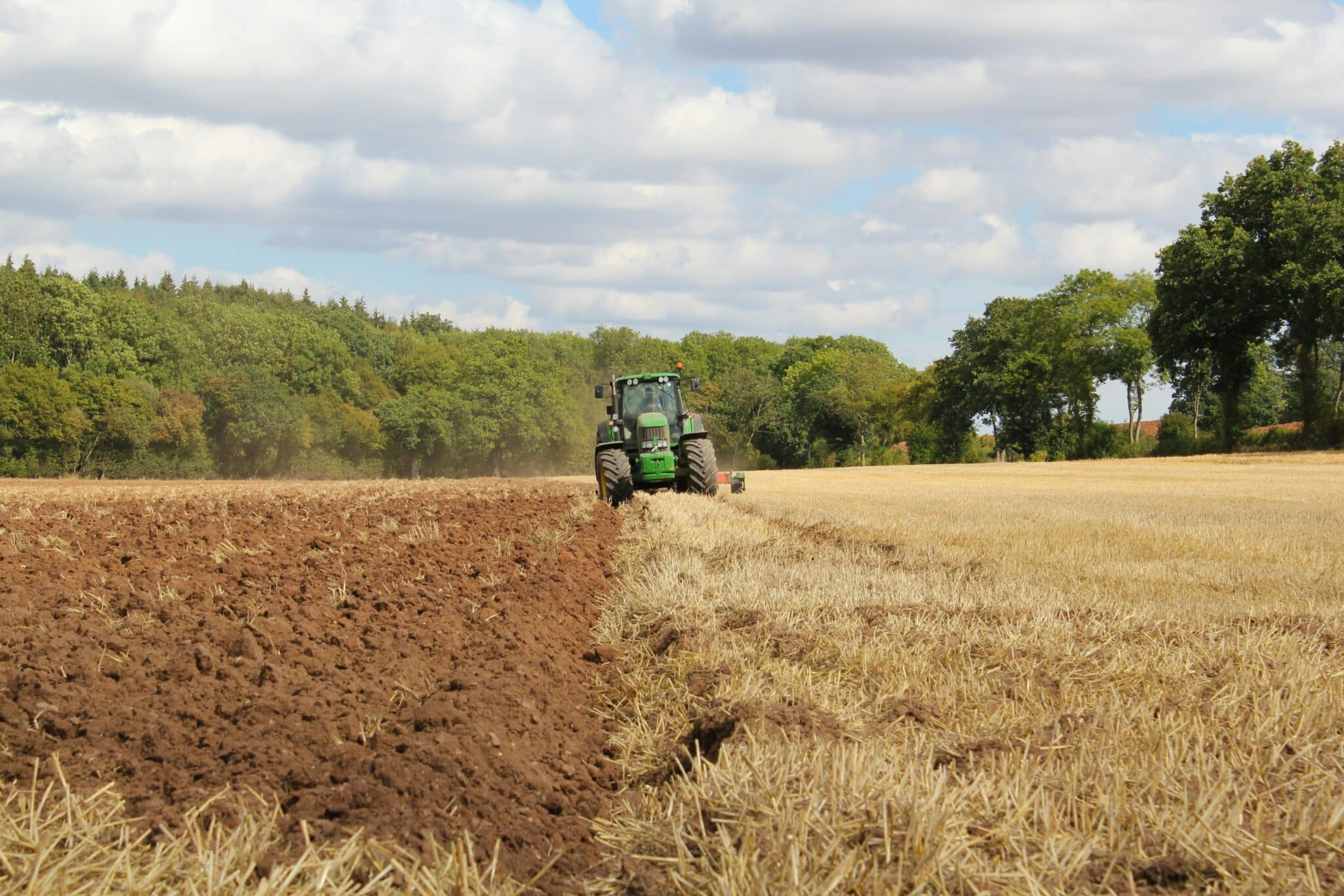Key Takeaways
- Franklin Templeton has released a new report titled “Food innovation: Investing to feed our future,” addressing the role of capital in advancing sustainable food systems.
- The paper discusses investment opportunities across sectors such as regenerative agriculture, vertical farming, ESG-focused banking, and food tech innovation.
- Experts emphasize the need for financing solutions to mitigate climate-related risks and support global food security.
- The report highlights developments in regions like the Gulf Cooperation Council (GCC) and Brazil, as well as emerging investment trends in the plant-based food sector.
- Franklin Templeton identifies private markets, carbon markets, and fixed income instruments as key tools to address sustainability goals in agriculture.
Franklin Templeton Analyzes Investment Trends in Sustainable Food Systems
Addressing Food Security, Climate Risk, and Innovation Through Capital Markets
Franklin Templeton has released a comprehensive insights paper focusing on how investors can engage with the global food system through innovation and sustainability. Titled “Food innovation: Investing to feed our future,” the paper brings together perspectives from across Franklin Templeton and its affiliated companies, emphasizing the investment implications of climate change, geopolitical instability, and a growing global population.
Anne Simpson, Global Head of Sustainability at Franklin Templeton, outlined the urgency of the issue, noting that global shocks—such as the war in Ukraine and the pandemic—have exposed vulnerabilities in food supply chains and pricing. She emphasized the role of sustainable investment in balancing financial performance with social and environmental goals.
Investment Needs Across the Agriculture Value Chain According To Franklin Templeton Institute
Opportunities in Regenerative Practices, Food Technology, and ESG Integration
The report explores investment strategies that align with sustainability objectives, with a focus on:
- Regenerative agriculture, supported by Lisette Cooper and Frances Aderhold of Fiduciary Trust International, who highlighted the carbon sequestration potential and return opportunities in nature-positive farming.
- Vertical farming as a real asset category, discussed by John G. Levy, who points to its potential for urban land reuse and climate-resilient food production.
- Plant-based food trends, noted by analysts at ClearBridge Investments, which are growing in relevance as consumer demand shifts away from resource-intensive animal proteins.
- Food traceability and sustainable beef, emphasized by Franklin Templeton Emerging Markets Equity analysts, particularly regarding deforestation risks in the Amazon.
Role of Capital in Shaping Resilient Food Systems According To Franklin Templeton Institute
Financing Climate Adaptation and Sustainable Practices
Stephen H. Dover, Chief Market Strategist at the Franklin Templeton Institute, noted that food systems are deeply interconnected, with risks and opportunities spanning multiple asset classes. He emphasized the need for better pricing of environmental risks, including the economic value of natural ecosystems.
David Sheasby from Martin Currie addressed the banking sector’s role, indicating that financial institutions can influence agricultural practices through loan conditions, biodiversity reporting frameworks, and sustainability-linked finance.
In the Gulf region, Chief Investment Officer Mohieddine Kronfol highlighted emerging initiatives in seawater farming and microalgae production, suggesting that technology-driven food investments in the GCC could help address the region’s food security and reduce import dependence.
Fixed Income and Real Assets: A Path Forward According To Franklin Templeton
Applying Debt Instruments to Agricultural Sustainability
The report also considers how debt capital markets can support the food system transition. Ashley Allen, a research analyst at Franklin Templeton Fixed Income, cited extreme weather impacts and commodity price volatility as driving factors behind the need for credit solutions that promote resilience.
This includes instruments that finance farmer education, water efficiency, and crop adaptation, with the potential to deliver both financial and social returns. Similarly, the rise of vertical farms was positioned as an opportunity for impact-oriented real estate investment, especially in urban areas.
Broader Market Implications
Aligning Sustainability with Global Investment Goals
According to Franklin Templeton, food-related investments intersect with broader goals related to carbon markets, biodiversity protection, and economic resilience. The report estimates that a nature-positive food transition could unlock US$10 trillion in new revenue and 395 million jobs by 2030, with a significant portion tied to agriculture.
The firm suggests that understanding the interdependencies of food systems and deploying capital thoughtfully across sectors can help address both risks and opportunities in a rapidly changing global environment.



8 Comments